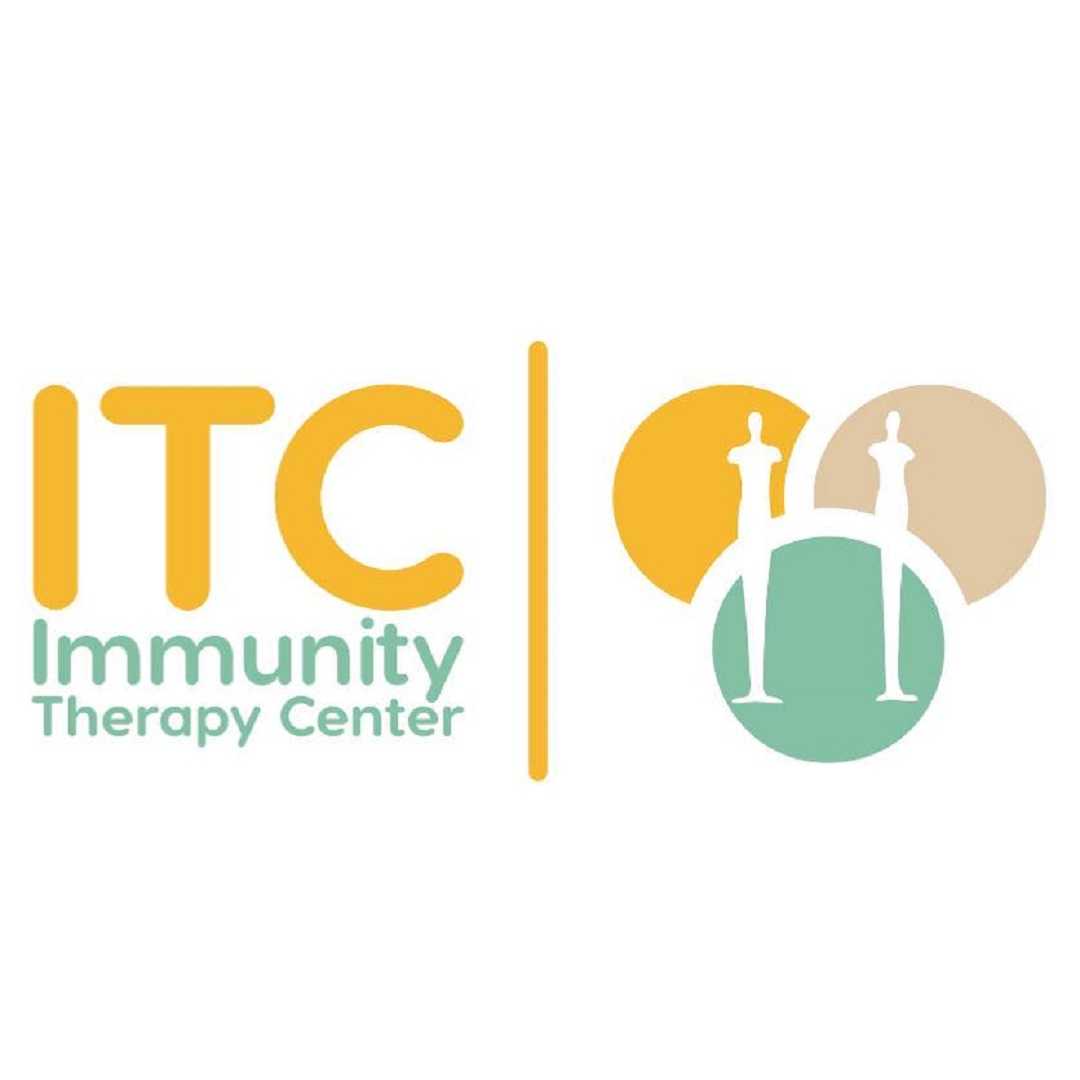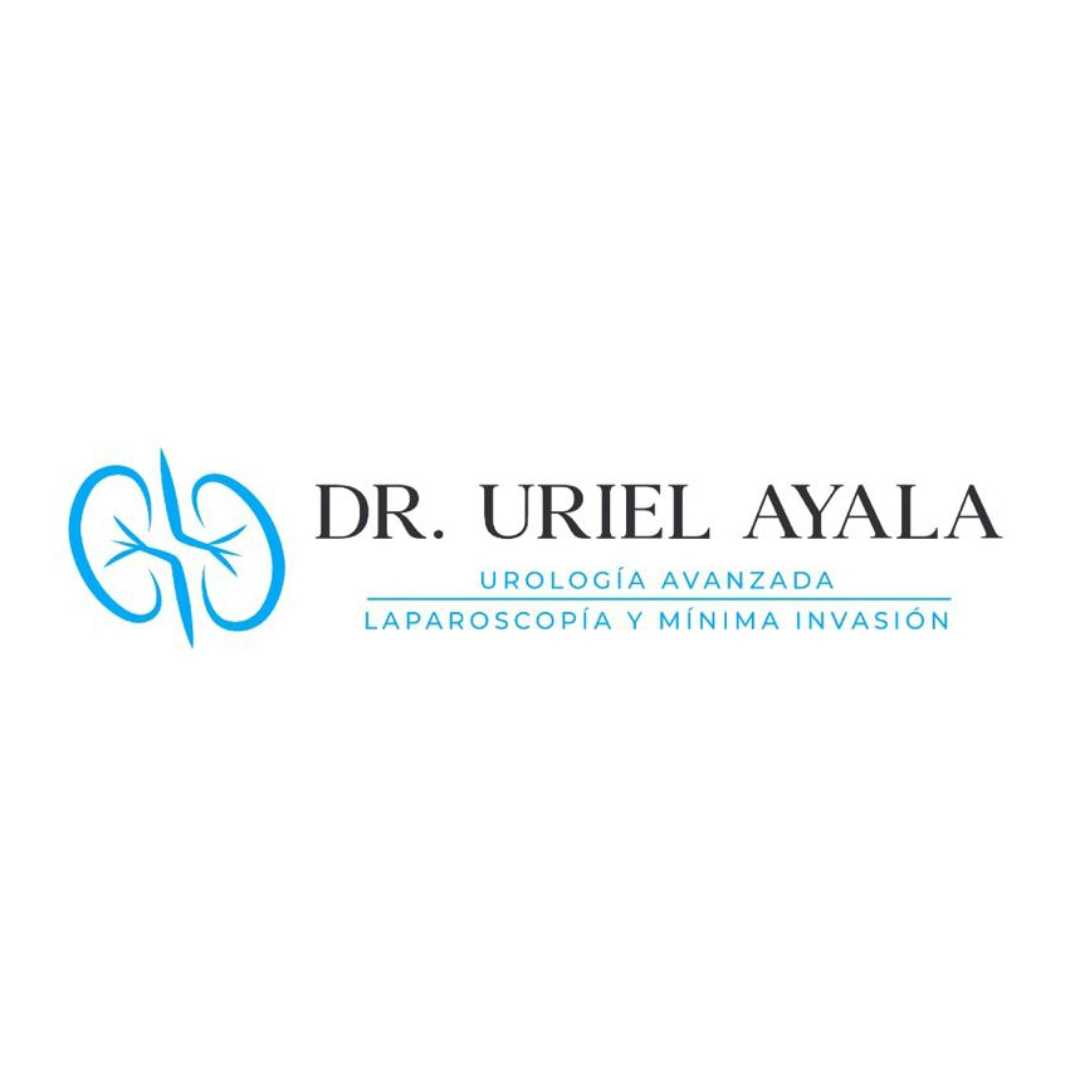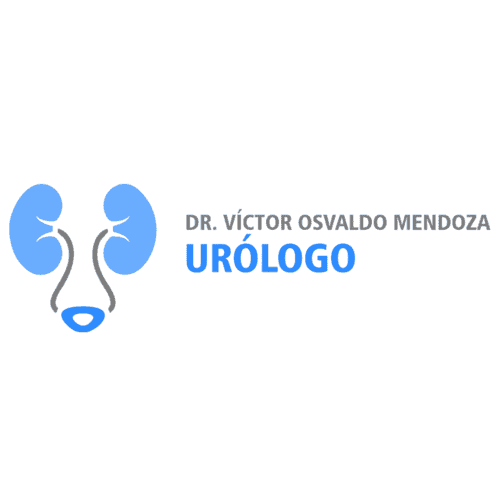Understanding Ozone Therapy for Esophageal Cancer in Mexico

"Ozone therapy for esophageal cancer in Mexico is often explored as a complementary or adjuvant treatment to conventional therapies, aiming to enhance the body's natural healing mechanisms and potentially improve the efficacy of standard treatments."
Navigating a cancer diagnosis, particularly for something as challenging as esophageal cancer, can lead many to explore a wide range of treatment options. In recent years, ozone therapy has gained attention as a complementary approach in various medical fields, including oncology. Mexico has emerged as a destination for individuals seeking alternative and integrative therapies, and ozone therapy for cancer is among the treatments offered. This detailed blog post will delve into how ozone therapy works, its potential role in esophageal cancer treatment, what to expect in Mexico, and important considerations for those exploring this option.
What is Ozone Therapy?
"Ozone therapy involves the controlled administration of medical-grade ozone (O3), a highly reactive form of oxygen, into the body to stimulate various biological responses."
Ozone (O3) is a molecule composed of three oxygen atoms. In ozone therapy, this gas is produced from pure oxygen by a medical device and administered to the patient in precise, controlled dosages. The idea behind ozone therapy is to leverage the unique properties of ozone to create a mild, controlled oxidative stress in the body. This controlled stress is believed to trigger beneficial physiological responses, such as enhancing oxygen metabolism, modulating the immune system, and neutralizing harmful substances. It's important to differentiate medical-grade ozone from atmospheric ozone, which is a pollutant and can be harmful to the respiratory system.
How Does Ozone Therapy Theoretically Work Against Cancer?
"Ozone therapy is believed to work against cancer by selectively inducing oxidative stress in cancer cells, enhancing oxygenation in tumor environments, modulating immune responses, and potentially increasing the sensitivity of cancer cells to conventional treatments like chemotherapy and radiation."
The proposed mechanisms by which ozone therapy might impact cancer are multifaceted. One key theory is its ability to induce a controlled burst of reactive oxygen species (ROS). While high levels of ROS are damaging, a controlled amount can stimulate the body's own antioxidant defense systems. Cancer cells often have impaired antioxidant mechanisms compared to healthy cells, making them more vulnerable to oxidative stress. Therefore, ozone therapy aims to selectively target cancer cells by overwhelming their reduced antioxidant capacity, leading to damage and potential cell death (apoptosis), while healthy cells are better equipped to handle the oxidative challenge.
Furthermore, cancer cells often thrive in low-oxygen (hypoxic) environments. Ozone therapy is thought to improve oxygen delivery to tissues, including tumors, which can make cancer cells more susceptible to conventional therapies that rely on oxygen, such as radiation. It may also enhance the activity of immune cells, promoting a stronger anti-tumor immune response.
Is Ozone Therapy a Standalone Cure for Esophageal Cancer?
"No, ozone therapy is not considered a standalone cure for esophageal cancer and is typically offered as a complementary or integrative therapy alongside conventional medical treatments."
It's crucial to understand that ozone therapy is not a primary cancer treatment and should not replace standard medical approaches like surgery, chemotherapy, or radiation therapy for esophageal cancer. Instead, clinics that offer ozone therapy for cancer generally position it as an adjuvant therapy, meaning it's used in conjunction with conventional treatments. The goal is to support the body, potentially reduce side effects from traditional treatments, enhance their efficacy, and improve overall quality of life. Patients considering ozone therapy should always do so under the guidance of qualified medical professionals and in collaboration with their primary oncology team.
What Are the Common Methods of Ozone Administration for Cancer?
"Common methods of ozone administration in cancer therapy include major autohemotherapy (MAH), rectal insufflation, and minor autohemotherapy."
The way ozone therapy is administered varies depending on the specific protocol and the patient's condition. Here are some common methods:
-
Major Autohemotherapy (MAH): This is one of the most frequent methods. A small amount of the patient's blood (e.g., 50-200 ml) is withdrawn, mixed with medical-grade ozone in a sterile container, and then re-infused back into the patient's bloodstream. This allows the ozone to interact with the blood components before circulating throughout the body.
-
Rectal Insufflation: Ozone gas is directly introduced into the rectum. The intestinal lining is rich in blood vessels, allowing for the absorption of ozone into the bloodstream. This method is often chosen for its ease of administration and systemic effects.
-
Minor Autohemotherapy: A smaller amount of blood (e.g., 5-10 ml) is drawn, mixed with ozone, and then injected intramuscularly. This method is less common for systemic cancer treatment but may be used for immune stimulation.
-
Bagging: For localized issues or superficial tumors, ozone gas can be applied directly to the affected area, enclosed within a sealed bag. While less relevant for esophageal cancer, it's a recognized method.
-
Ozonated Water/Oil: Ozonated water or oils can be used for topical applications or oral intake, though their systemic effects for cancer treatment are generally considered less significant than other methods.
The choice of administration method, dosage, and frequency will be determined by the treating physician based on the individual patient's health status and treatment goals.
Why Do People Seek Ozone Therapy for Esophageal Cancer in Mexico?
"Many individuals seek ozone therapy for esophageal cancer in Mexico due to the availability of integrative clinics, potentially lower costs compared to some Western countries, and a perception of more accessible alternative or complementary treatments."
Mexico has become a popular destination for medical tourism, particularly for those seeking alternative and integrative cancer therapies. Several factors contribute to this trend for ozone therapy:
-
Integrative Approach: Mexican clinics often specialize in integrative medicine, combining conventional treatments with alternative therapies like ozone therapy, nutritional support, and detoxification protocols. This holistic approach appeals to many patients who feel that conventional medicine alone doesn't address all their needs.
-
Cost-Effectiveness: The cost of medical treatments, including ozone therapy, can be significantly lower in Mexico compared to countries like the United States or Canada, making it a more accessible option for some patients.
-
Accessibility and Availability: In some countries, ozone therapy for cancer is not widely recognized or covered by insurance, making it difficult to access. Mexico generally has a more permissive regulatory environment for such therapies, leading to more clinics offering them.
-
Personalized Care: Many clinics in Mexico emphasize personalized treatment plans and a high level of patient attention, which can be attractive to individuals looking for more individualized care than they might receive in larger, more conventional healthcare systems.
What is the Typical Process for Receiving Ozone Therapy in Mexico for Esophageal Cancer?
"The typical process for receiving ozone therapy for esophageal cancer in Mexico usually involves an initial consultation, comprehensive diagnostic review, development of a personalized treatment plan, and then a series of ozone therapy sessions."
Here's a general outline of what a patient might expect when pursuing ozone therapy in Mexico for esophageal cancer:
-
Initial Consultation and Medical Review: Patients typically start with a remote or in-person consultation with a doctor at a Mexican clinic. They will be asked to provide their complete medical history, including previous diagnoses, treatments, and current health status. This often involves submitting existing medical records, scans, and pathology reports related to their esophageal cancer.
-
On-Site Evaluation and Diagnostics: Upon arrival at the clinic, a more thorough physical examination and additional diagnostic tests may be performed. This could include blood work, imaging scans, and other assessments to get a comprehensive picture of the patient's health and the stage of their esophageal cancer.
-
Personalized Treatment Plan: Based on the evaluation, the medical team will develop a personalized treatment plan. This plan often integrates ozone therapy with other complementary therapies (e.g., nutritional IVs, detoxification protocols, hyperbaric oxygen therapy) and may also coordinate with any conventional treatments the patient is undergoing or plans to undergo.
-
Ozone Therapy Sessions: The patient will then begin a series of ozone therapy sessions. The frequency and duration of these sessions will vary based on the individualized plan. Sessions may occur daily or several times a week.
-
Monitoring and Adjustments: Throughout the treatment period, the patient's progress will be monitored. This includes tracking how they respond to the therapy, managing any side effects, and making adjustments to the treatment protocol as needed.
-
Post-Treatment Recommendations: Upon completion of the intensive treatment phase, the clinic will typically provide recommendations for ongoing care, including dietary guidelines, supplements, and lifestyle modifications.
Are There Any Side Effects or Risks Associated with Ozone Therapy?
"While generally considered safe when administered correctly by trained professionals, potential side effects of ozone therapy can include mild oxidative stress symptoms, temporary fatigue, or rare allergic reactions."
When medical-grade ozone is administered by trained professionals using appropriate dosages and sterile techniques, it is generally considered to have a good safety profile. However, like any medical intervention, there are potential side effects and risks:
-
Herxheimer Reaction (Healing Crisis): Some patients may experience a temporary worsening of symptoms, flu-like symptoms, or fatigue. This is sometimes referred to as a "healing crisis" and is attributed to the body's detoxification process.
-
Local Irritation: Depending on the administration method, there might be minor irritation at the injection site for MAH or mild discomfort with rectal insufflation.
-
Oxidative Stress: While controlled oxidative stress is the goal, excessive or improperly administered ozone can lead to harmful oxidative damage. This underscores the importance of precise dosing and professional administration.
-
Allergic Reactions: Though rare, some individuals may have an allergic reaction to ozone.
-
Contraindications: Ozone therapy is generally contraindicated in certain conditions, such as severe anemia, hyperthyroidism, acute alcoholism, or during pregnancy. A thorough medical evaluation is essential to identify any contraindications.
Patients should openly discuss any concerns or symptoms they experience with their treating physician.
What Research Supports Ozone Therapy for Esophageal Cancer?
"Research supporting ozone therapy for esophageal cancer is primarily limited to preclinical studies (in vitro and animal models) suggesting it may enhance the efficacy of radiation therapy and potentially have direct anti-tumor effects, but robust human clinical trials are scarce."
While interest in ozone therapy for cancer is growing, and some studies suggest potential benefits, it's important to note the current state of scientific evidence, particularly for esophageal cancer.
-
Preclinical Studies: Several in vitro (test tube) and animal studies have shown promising results. For instance, some research indicates that ozone may increase the radiosensitivity of esophageal cancer cells, meaning it could make radiation therapy more effective. Other studies suggest ozone might directly inhibit the growth of various cancer cell lines and reduce tumor volume in animal models by affecting cell metabolism, immune responses, and oxygenation.
-
Synergistic Effects: There is some evidence to suggest that ozone therapy might act synergistically with conventional cancer treatments like chemotherapy and radiation, potentially enhancing their anti-tumor effects while mitigating their side effects.
-
Limited Human Clinical Trials: Despite preclinical promise, there is a significant lack of large-scale, randomized, controlled human clinical trials specifically investigating ozone therapy as a primary or even a definitive adjunctive treatment for esophageal cancer. Most human data comes from observational studies, case reports, or studies focusing on general quality of life or side effect reduction rather than direct tumor regression in esophageal cancer.
Patients considering ozone therapy should be aware of the difference between preclinical findings and conclusive evidence from robust human trials. It's often viewed as a supportive therapy to improve overall health and resilience during cancer treatment.
How Does Ozone Therapy Potentially Reduce Side Effects of Conventional Treatments?
"Ozone therapy may potentially reduce side effects of conventional cancer treatments by improving overall tissue oxygenation, modulating the immune system, reducing inflammation, and stimulating the body's antioxidant defenses."
Conventional cancer treatments like chemotherapy and radiation can cause significant side effects, including fatigue, nausea, pain, and damage to healthy tissues. Ozone therapy is hypothesized to help mitigate some of these adverse effects through several mechanisms:
-
Improved Oxygenation: By enhancing oxygen delivery to tissues, ozone therapy may support the health of normal cells and tissues that are often compromised by cancer treatments, potentially aiding in recovery and reducing treatment-induced damage.
-
Anti-inflammatory Effects: Ozone can modulate inflammatory pathways, which could help reduce treatment-related inflammation and pain.
-
Antioxidant System Stimulation: The controlled oxidative stress induced by ozone is believed to "pre-condition" the body's antioxidant systems, making healthy cells more resilient to the oxidative damage caused by chemotherapy and radiation.
-
Immune Modulation: By stimulating the immune system, ozone therapy might help the body cope better with the immunosuppressive effects of some conventional cancer treatments, supporting overall immune function.
-
Detoxification Support: Ozone can also assist in detoxification processes, helping the body eliminate waste products and toxins, which can be beneficial during intensive cancer treatment.
Is Ozone Therapy Regulated in Mexico?
"The regulation of ozone therapy in Mexico can vary, with some states having advanced legislative frameworks for its practice, while at the federal level, discussions are ongoing for broader inclusion in health laws."
In Mexico, the regulatory landscape for ozone therapy has been evolving. While it may not be uniformly regulated across all states or have the same level of federal oversight as conventional medical procedures, there have been significant advancements. Some Mexican states have already incorporated ozone therapy into their state legislation, recognizing it as a legitimate medical practice. Furthermore, there have been discussions and proposed bills at the federal level to include ozone therapy in the General Health Law of the Mexican Republic.
It's important for patients to choose clinics that adhere to high standards of medical practice, employ licensed and trained professionals, and maintain sterile environments. Reputable clinics will typically be transparent about their accreditations and medical staff qualifications.
What Questions Should I Ask a Clinic Offering Ozone Therapy for Esophageal Cancer in Mexico?
"When considering ozone therapy for esophageal cancer in Mexico, important questions to ask a clinic include their experience with esophageal cancer, their specific protocols, qualifications of their staff, safety measures, cost, and how they integrate with conventional oncology."
To ensure you make an informed decision, here are crucial questions to ask any clinic in Mexico offering ozone therapy for esophageal cancer:
-
Experience and Specialization:
-
What is your clinic's experience treating esophageal cancer specifically with ozone therapy?
-
How many patients with esophageal cancer have you treated with ozone therapy, and what outcomes have you observed?
-
Do you specialize in integrative oncology, or is ozone therapy just one of many services offered?
-
-
Treatment Protocols:
-
What specific ozone therapy protocols do you use for esophageal cancer (e.g., MAH, rectal insufflation, specific dosages)?
-
How do you determine the appropriate dosage and frequency for my specific case?
-
How long is the typical course of treatment?
-
-
Medical Staff Qualifications:
-
What are the qualifications and certifications of the doctors and medical staff administering the ozone therapy? Are they licensed in Mexico?
-
Do they have specific training in ozone therapy for oncology?
-
-
Safety and Standards:
-
What safety measures are in place to prevent complications?
-
How do you ensure the medical-grade quality and sterility of the ozone equipment?
-
What are the potential side effects, and how are they managed?
-
-
Integration with Conventional Treatment:
-
How do you coordinate with my existing oncology team (if applicable)?
-
Do you recommend ozone therapy as a standalone treatment or as an adjunct to conventional therapies?
-
What diagnostic tests do you use to monitor the effectiveness of the ozone therapy in conjunction with my esophageal cancer treatment?
-
-
Cost and Logistics:
-
What is the total cost of the ozone therapy program, and what does it include?
-
Are there any hidden fees?
-
What are the accommodation and travel logistics? Do you provide assistance with these?
-
-
Patient Testimonials/References:
-
Can you provide testimonials or references from previous esophageal cancer patients who have undergone ozone therapy at your clinic?
-
What Other Complementary Therapies Are Often Combined with Ozone Therapy in Mexico?
"In Mexico, ozone therapy for esophageal cancer is often combined with other complementary therapies such as intravenous (IV) nutritional therapies, detoxification protocols, hyperbaric oxygen therapy, and specialized dietary plans to enhance overall wellness."
Integrative clinics in Mexico frequently offer a comprehensive approach that extends beyond just ozone therapy. For esophageal cancer patients, these might include:
-
Intravenous (IV) Nutritional Therapies: High-dose Vitamin C, B vitamins, and other nutrient infusions are often used to support the immune system, provide energy, and address nutritional deficiencies that can arise during cancer treatment.
-
Detoxification Protocols: These may involve liver support, colon cleanses, or chelation therapy, aiming to reduce the body's toxic load, which is believed by some to be beneficial in cancer management.
-
Hyperbaric Oxygen Therapy (HBOT): Breathing pure oxygen in a pressurized chamber aims to increase oxygen delivery to tissues, potentially inhibiting cancer growth and promoting healing.
-
Specialized Dietary Plans: Clinics often provide personalized dietary recommendations, focusing on anti-inflammatory, nutrient-dense foods and avoiding processed items, sugar, and unhealthy fats.
-
Mistletoe Therapy (Iscador): This is a widely used complementary cancer therapy, particularly in European integrative clinics, and is also offered in some Mexican facilities. It's believed to have immune-modulating and anti-cancer effects.
-
Enzyme Therapy: Oral or IV enzyme preparations are sometimes used to aid digestion, reduce inflammation, and potentially break down tumor cell walls.
-
Pulsed Electromagnetic Field (PEMF) Therapy: This therapy uses electromagnetic fields to stimulate cellular repair and reduce pain and inflammation.
These therapies are typically integrated into a holistic treatment plan tailored to the individual's needs and condition, with the aim of supporting the body's natural healing capabilities and improving overall health during their esophageal cancer journey.
How Can PlacidWay Help Me Explore Ozone Therapy Options for Esophageal Cancer in Mexico?
Exploring options for esophageal cancer treatment, especially with complementary therapies like ozone therapy in an international setting, can be complex. PlacidWay specializes in medical tourism and can provide valuable assistance:
-
Information and Vetting: PlacidWay can offer information on reputable clinics in Mexico that specialize in ozone therapy and integrative cancer care, helping you understand their offerings and credentials.
-
Clinic Selection Assistance: We can help you compare different clinics, their treatment approaches, costs, and patient testimonials to find one that aligns with your specific needs for esophageal cancer treatment.
-
Coordination and Logistics: PlacidWay can assist with coordinating your initial consultations, travel arrangements, accommodation, and appointments, simplifying the process of seeking treatment abroad.
-
Transparent Communication: We facilitate direct communication with medical professionals at the clinics, allowing you to ask all your questions and understand the proposed treatment plan for your esophageal cancer before you commit.
By leveraging PlacidWay's expertise, you can make a more informed and confident decision about pursuing ozone therapy as part of your comprehensive esophageal cancer treatment strategy in Mexico. Explore PlacidWay for solutions related to medical tourism, healthcare services, and other relevant offerings to support your health journey.


.png)

.png)












Share this listing